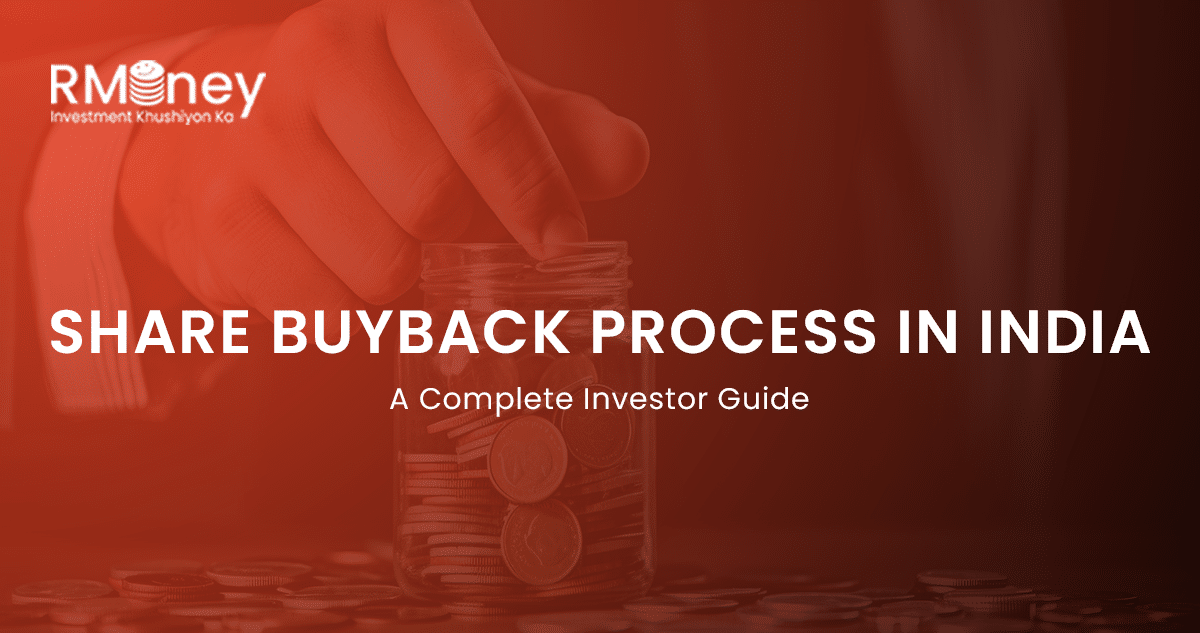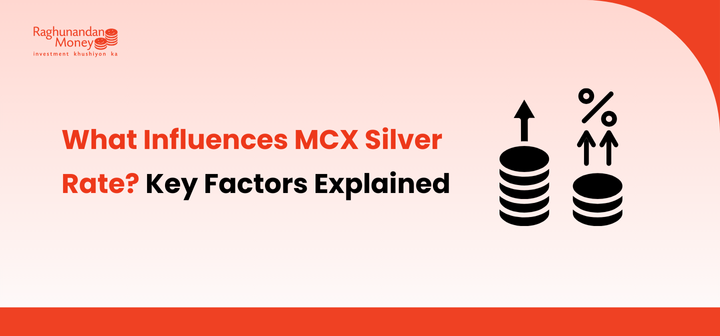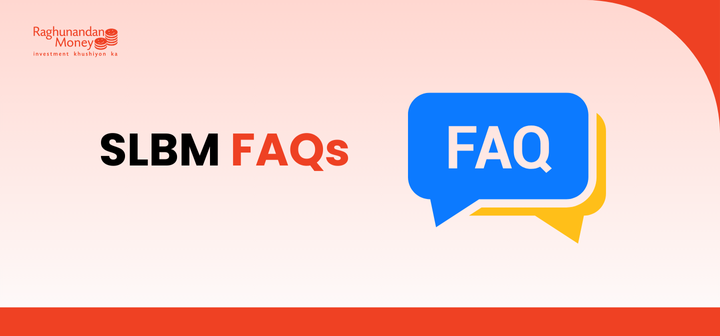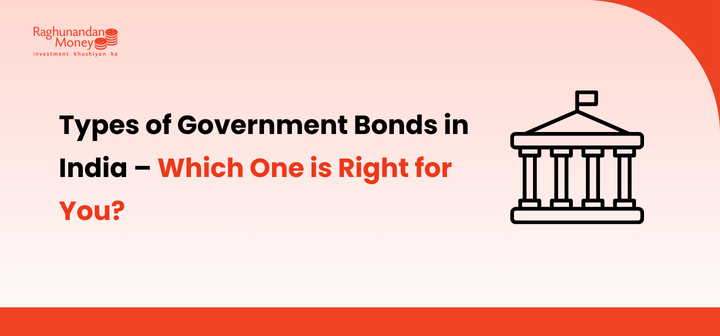- What is a Buyback?
A share buyback is a corporate action in which a company repurchases its shares from existing shareholders, reducing outstanding shares and potentially improving financial ratios. Buybacks are now generally conducted via the tender-offer / book-building route; the open-market route has been phased out by SEBI.
- Can I apply for buyback through the open market?
No. SEBI has phased out buybacks through the stock-exchange (open-market) route with effect from 1 April 2025. Buybacks announced and opened before that date were allowed to continue under transitional provisions. After April 1, 2025, buybacks must use the tender-offer or book-building route. Click here to read SEBI
- What happened to open market buybacks?
Companies previously repurchased shares via exchange trading (“open market” route). SEBI has moved to phase out that route to improve transparency and investor protection; after 1 April 2025 the stock-exchange route is not available for new buybacks (transitional exceptions apply for offers opened earlier).
- How does the tender-offer / book-building process work?
- Company announces the buyback and fixes a record date.
- Eligible shareholders receive a Letter of Offer / public announcement.
- Tender-offer (standard): the buyback (tendering) period remains open for 5 working days; shareholders tender shares through their brokers or RTA. Accepted shares are debited, and funds credited to the shareholder’s bank account within 5 working days of closure of the offer.
- Book-building (price discovery): for frequently-traded securities a price range is disclosed and bids are collected; the buyback price is discovered from bids within that range and retail investors may have option to bid at the cut-off price.
- Who is eligible to participate?
Any shareholder whose shares are credited to their demat account as of the record date can participate. Pledged or unsettled (T1/T2) shares must be unpledged/settled to be tendered
- What is the cooling period between buybacks?
If a buyback is authorised by the board (i.e., an ‘offer of buyback’), the company generally cannot make another buyback offer within 1 year (365 days) from the closure of the preceding offer. This is a standard cooling-off requirement.
- What are the documents and conditions to tender shares?
- Shares must be held in Demats form (free / unpledged) to participate.
- Tender via your broker’s corporate-action / tender application facility or via the registrar.
- Unaccepted shares are returned to your Demat Account and funds for accepted shares are paid within the regulatory timeline.
- Are block deals or negotiated deals permitted?
No. Post-amendment, buybacks must follow the tender-offer / book-building processes prescribed by SEBI. Block deals, negotiated deals or private arrangements for buybacks are not permitted.
- How are buyback prices determined?
- Tender-offer (fixed price): the company may announce a fixed buyback price (disclosed in the Letter of Offer).
- Book-building: a price range is published; bids are accepted and the buyback price is discovered from bids within the range. For frequently-traded securities the lower end of the price range is subject to minimums tied to closing/VWAP metrics.
- What are entitlement and acceptance ratios?
Each shareholder’s entitlement is determined by holdings on the record date. If the buyback is oversubscribed, acceptances are made proportionately across eligible shareholders as per the offer terms.
- What are buyback lots / sizes?
There is no fixed lot size shareholders can tender any quantity up to their demat holdings eligible for the buyback. Specific minimums (e.g., one share) depend on the Letter of Offer.
- What is the maximum buyback size?
A company’s buyback amount cannot exceed 25% of its paid-up capital and free reserves in a financial year. After buyback, the company’s debt-to-equity ratio (aggregate debt to paid-up capital and free reserves) must not exceed 2:1.
- How are charges / fees handled for buyback?
Brokers or registrars may levy a service or transaction charge for facilitating tendering (corporate action processing). Charges vary by broker — check with your broker for applicable fees
- How is settlement done?
Funds for accepted shares are credited to your linked bank account within 5 working days of completion of the buyback tendering period. Unaccepted shares are returned to your demat account.
- What happens if I tender excess shares?
Only shares within your entitlement are guaranteed acceptance. Excess tenders are accepted proportionately (if oversubscribed); unaccepted excess shares are returned.
- How are record dates and cut-offs decided?
The company specifies a record date to identify eligible shareholders. Shares must be credited to your demat account before the record date to be eligible. The Letter of Offer will specify relevant cut-offs and dates
- What if I hold shares in physical form?
Buybacks require dematerialised (Demat) holdings. Physical share certificates must be dematerialised before participating.
- Where can I find buyback offers and details?
SEBI, NSE and BSE list public buyback announcements; your broker’s corporate-actions portal and the company’s investor relations / registrar pages carry the Letter of Offer and details.
- What if I have more questions or need help?
Contact your broker’s helpdesk, the company’s registrar, or SEBI’s investor services for guidance. For tax questions, consult a qualified tax professional.
Need Help?
Contact RMoney at 0562-4266600 / 0562-7188900 or email askus@rmoneyindia.com

Stock Trading Now trade in ₹9 Per Order or ₹ 999 Per Month Plans.
Future & Options Access F&O contracts with advanced tools for hedging and speculation.
Currency Trading Trade in major currency pairs and manage forex exposure efficiently.
Commodity Trading Diversify Trading with MCX & NCDEX by Trading in Gold, Silver, Base Metals, Energy, and Agri Products.
Margin Trading Funding Boost your buying power with upto 5X, Buy now Pay Later
Algo Trading Back test, Paper Trade your logic & Automate your strategies with low-latency APIs.
Trading View Leverage Trading View charts and indicators integrated into your trading platform.
Advanced Options Trading Execute multi-leg option strategies with precision and insights.
Stock Lending & Borrowing Earn passive income by lending stocks securely through SLB.
Foreign Portfolio Investment Enable NRIs and FPIs to invest in Indian markets with ease and compliance.
IPO Invest in upcoming IPOs online with real-time tracking and instant allotment updates.
Direct Mutual Funds 0% Commissions by investing in more than +3500 Direct Mutual Fund Scheme.
Corporate FDRs Earn fixed returns with low-risk investments in high-rated corporate fixed deposits.
Stocks SIPs Build long-term wealth with systematic investment plans in top-performing stocks.
Bonds & NCDs Access secure, fixed-income investments through government and corporate bond offerings.
Depository Services Safely hold and manage your securities with seamless Demat and DP services with CDSL.
Journey Tracing our growth and milestones over time.
Mission & Vision Guided by purpose, driven by long-term vision.
Why RMoney Platform Smart, reliable platform for all investors' needs.
Management Experienced leadership driving strategic financial excellence.
Credentials Certified expertise with trusted industry recognition.
Press Release Latest company news, updates, and announcements.
Testimonials Real client stories sharing their success journeys.
7 Reasons to Invest Top benefits that make investing with us smart.
SEBI Registered Research Trusted insights backed by SEBI-compliant research.
Our Technology Advanced tools enabling efficient online trading.
Calculators Access a suite of smart tools to plan trades, margins, and returns effectively.
Margin Calculator Instantly check margin requirements for intraday and delivery trades.
MTF Calculator Calculate MTF funding cost upfront to ensure full transparency before placing a trade.
Brokerage Calculator Know your exact brokerage charges before placing any trade.
Market Place Explore curated investment products and trading tools in one convenient hub.
RMoney Gyan Enhance your market knowledge with expert blogs, videos, and tutorials.
Performance Tracker Track our research performance with full transparency using our performance tracker.
Feedback Share your suggestions or concerns to help us improve your experience.
Downloads Access important forms, software, and documents in one place.
Locate Us Find the nearest RMoney branch or service center quickly.
Escalation Matrix Resolve issues faster with our structured support escalation process.
Back Office Log in to view trade reports, ledger, and portfolio statements anytime.
Account Modification Update personal or bank details linked to your trading account.
Fund Transfer Transfer funds instantly online with quick limit updation to your trading account.
Bank Details View our registered bank account details for seamless transactions by NEFT, RTGS or IMPS.
How to Apply IPO Step-by-step guide to apply for IPOs using your trading account.
RMoney Quick Mobile App Trade on-the-go with our all-in-one mobile trading app.
RMoney Quick login Quickly access your trading account through the RMoney Quick web-based trading.
RMoney Rocket Web Version Experience powerful web-based trading with advanced tools for algo traders.
RMoney Rocket Mobile Version Trade anytime, anywhere with our feature-rich mobile trading platform.




















